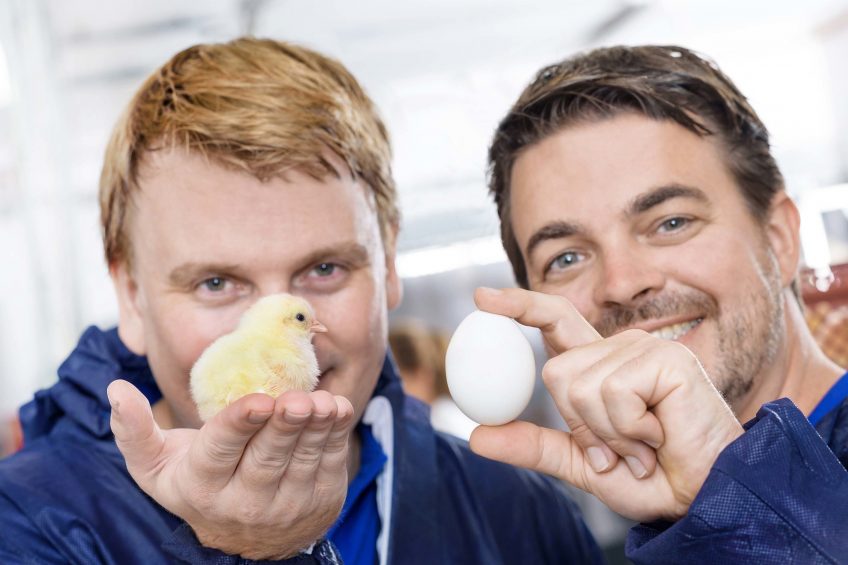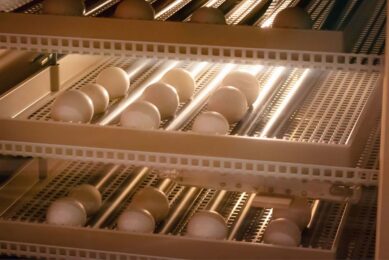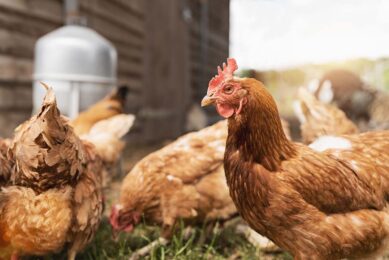Investment grows in technology to solve male chick culling

Industrial company Evonik has become the latest firm to provide investment support to the poultry sector’s bid to solve the issue of male chick culling.
German-based Evonik, which is the largest global speciality chemical firm but has a wide range of agricultural products, has invested in the biotechnology start-up In Ovo through its venture capital unit and now holds a minority stake in the company.
Evonik has joined forces with Singapore-based venture capital fund, VisVires New Protein and Leiden University, bringing the total financing round to an investment of several million euro.
The company said In Ovo had developed a method of determining the sex in the egg that is particularly fast and reliable and could be readily integrated into the workflow of large hatcheries. The technology is being combined with a system to process the large number of eggs to be screened. In large hatcheries about 100,000 eggs must be analysed daily.
With 3.2bn day old male chicks culled annually across the globe, the issue is increasingly being raised by animal welfare groups. Poultry farmers don’t rear the male birds because they do not put on sufficient flesh for meat production.
Ethics in modern poultry farming
Bernhard Mohr, head of venture capital at Evonik, said In Ovo had taken on one of the largest ethical problems in modern poultry farming: “This investment strengthens Evonik’s position as a partner of choice for the farming industry as we can provide support for ethical food production.
Emmanual Auer, head of the company’s Animal Nutrition business line, added that the commitment would allow the firm to expand in to the egg-producing sector. Evonik currently is a global supplier of amino acids and their derivatives for advanced animal nutrition.
In Ovo was founded 5 years ago by biologist Wouter Bruins and biomedical scientist Wil Stutterheim. The technology is based on biomarkers identified by the founders. These allow the gender of chick embryos in the egg to be accurately determined early after fertilisation. For this purpose, a tiny, easily resealable hole is made in the egg – for many years a standard practice for inoculation of chick embryos in the egg.
A sample is then taken and examined by mass spectrometry for the biomarker identified by In Ovo, which has already been patented. In Ovo plans to use the invested capital to develop the technology to the stage where it can be applied on the commercial scale in hatcheries.
Managing director Wouter Bruins said: “In Evonik, we’re delighted to have gained a partner with extensive knowledge of process scale-up and in the introduction of new technologies.”
The next steps will include plans to develop a prototype that can rapidly and reliably analyse and sort large quantities of eggs. On the laboratory scale, In Ovo currently needs one second to analyse an egg. This rate is now to be accelerated to a few microseconds per egg.
The company will also use already available and proven technologies for sorting and handling large quantities of eggs. The first commercial product is expected to be launched on the market in 2020.
Join 31,000+ subscribers
Subscribe to our newsletter to stay updated about all the need-to-know content in the poultry sector, three times a week. Beheer
Beheer








 WP Admin
WP Admin  Bewerk bericht
Bewerk bericht